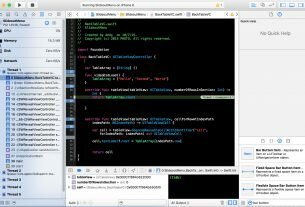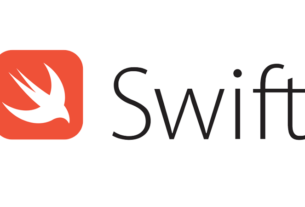Question or problem with Swift language programming:
I’m modeling a owner/ownee scheme on Swift:
class Owner {
// ...
}
protocol Ownee {
var owner: Owner { get }
}
Then I have a pair of classes professor/student that adhere to the modeled types above:
class Professor: Owner {
// ...
}
class Student: Ownee {
let professor: Professor
var owner: Owner { // error here (see below)
return professor
}
init(professor: Professor) {
self.professor = professor
}
}
However I get the following error on the definition of var owner in the Student class:
I’m trying to understand what’s the cause for this error, why making the class Student final would fix it, and if there’s some workaround to be able to model this differently, without making this class final. I’ve googled about that error, but haven’t found much so far.
How to solve the problem:
Solution 1:
The Error is correct. You have to make your class final, since no subclasses could conform your protocol Ownee.
Consider this subclass:
class FirstGradeStudent: Student {
// inherited from parent
// var owner: Owner {
// return professor
// }
}
As you can see, it would have to implement var owner: Owner<Student> because of his parent, but it should be implementing var owner: Owner<FirstGradeStudent> instead, because the protocol contains var owner: Owner<Self> { get } and in this case Self would be FirstGradeStudent.
Workaround
1: Define a superclass to Ownee, it should be used by Owner:
class Owner {
// ...
}
protocol OwneeSuper {}
protocol Ownee: OwneeSuper {
associatedtype T: OwneeSuper
var owner: Owner { get }
}
OwneeSuper is just a workaround to overcome this problem, otherwise we would just be using:
protocol Ownee {
associatedtype T: Ownee
var owner: Owner { get }
}
2. In classes that conform to Ownee, you must turn the abstract type of the associatedtype into a concrete class by defining a typealias:
class Student: Ownee {
typealias T = Student // <<-- define the property to be Owner
let professor: Professor
var owner: Owner {
return professor
}
init(professor: Professor) {
self.professor = professor
}
}
3. Subclasses can now make use of the property, which will be of your defined type:
class FirstGradeStudent: Student {
func checkOwnerType() {
if self.owner is Owner { //warning: 'is' test is always true
print("yeah!")
}
}
}
Solution 2:
What happens if Student is subclassed? The owner property remains Owner<Student>, but Student != StudentSubclass.
By making your Student class conform to the Ownee protocol, you must satisfy the contract of the protocol. The Ownee protocol states that Owner has type constraint, such that the Owner generic type is the type that’s conforming to Ownee (Student, in this case).
If the compiler were to allow subclassing (i.e. by allowing you to not make Student final), then it would be possible for a StudentSubclass to exist. Such a subclass would inherit the Owner property, of type Owner<Student>, but Student is not the same as StudentSubclass. The Ownee protocol’s contract has been breached, thus, such a subclass cannot be allowed to exist.
Solution 3:
The following syntax should support what you’re after:
protocol Ownee {
associatedtype Owned = Self where Owned:Ownee
var owner: Owner { get }
}
(tested using Swift 4 – Beta 1)
Solution 4:
If you are coming to this thread just looking for a way to have subclasses inherit a method referring to its own type (type of Self) one workaround would be to parameterize the parent class on the child’s type. e.g.
class Foo {
func configure(_ block: @escaping (T)->Void) { }
}
class Bar: Foo { }
Bar().configure { $0... }
BUT… it also seems that you can add a method in a protocol extension that would not be considered to conform in the protocol itself. I don’t fully understand why this works:
protocol Configurable {
// Cannot include the method in the protocol definition
//func configure(_ block: @escaping (Self)->Void)
}
public extension Configurable {
func configure(_ block: @escaping (Self)->Void) { }
}
class Foo: Configurable { }
class Bar: Foo { }
Bar().configure { $0... }
If you uncomment the method in the protocol definition itself you’ll get the Protocol 'Configurable' requirement 'configure' cannot be satisfied by a non-final class ('Foo') because it uses 'Self' in a non-parameter, non-result type position compile error.



